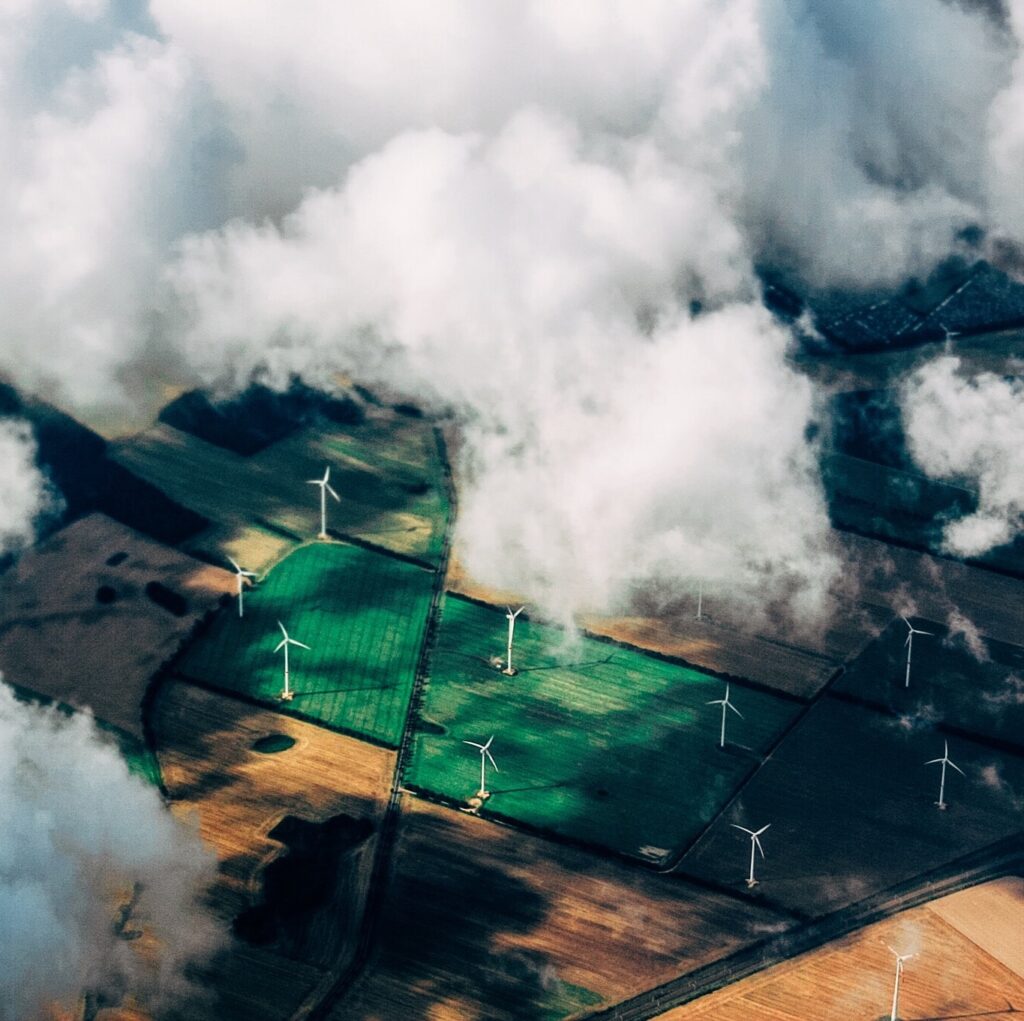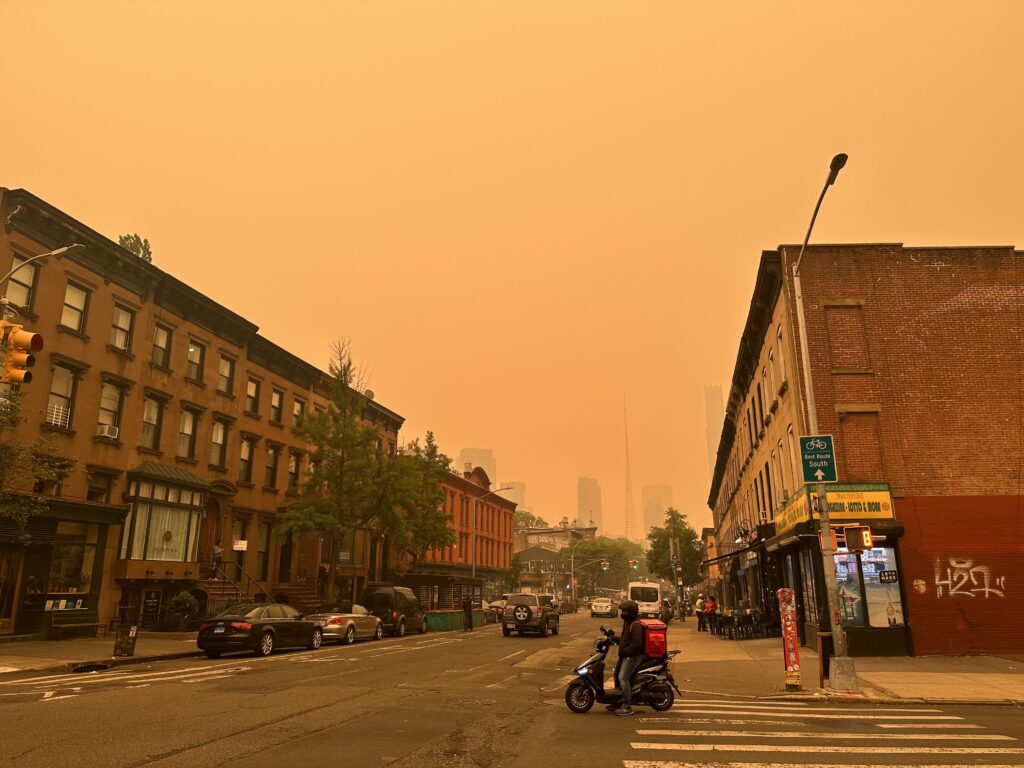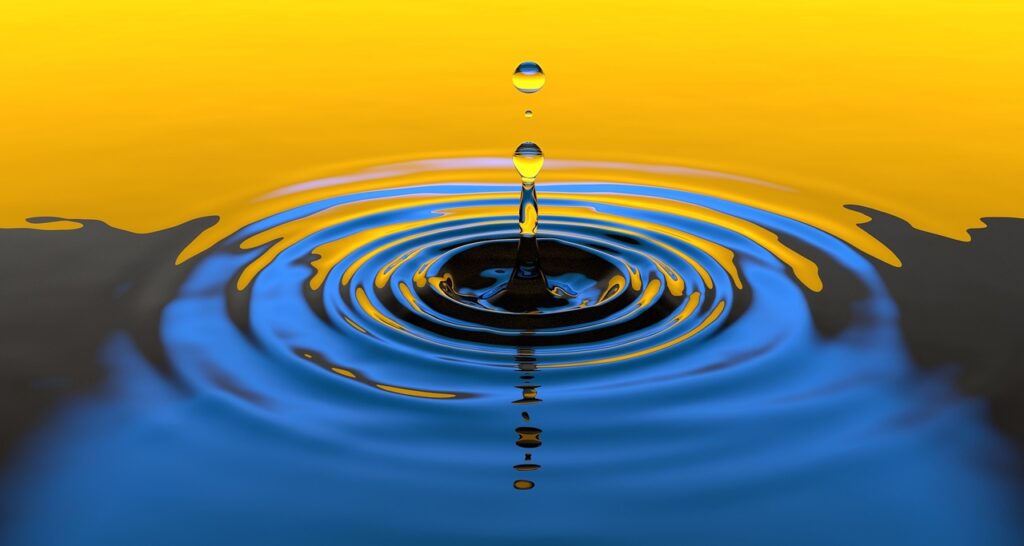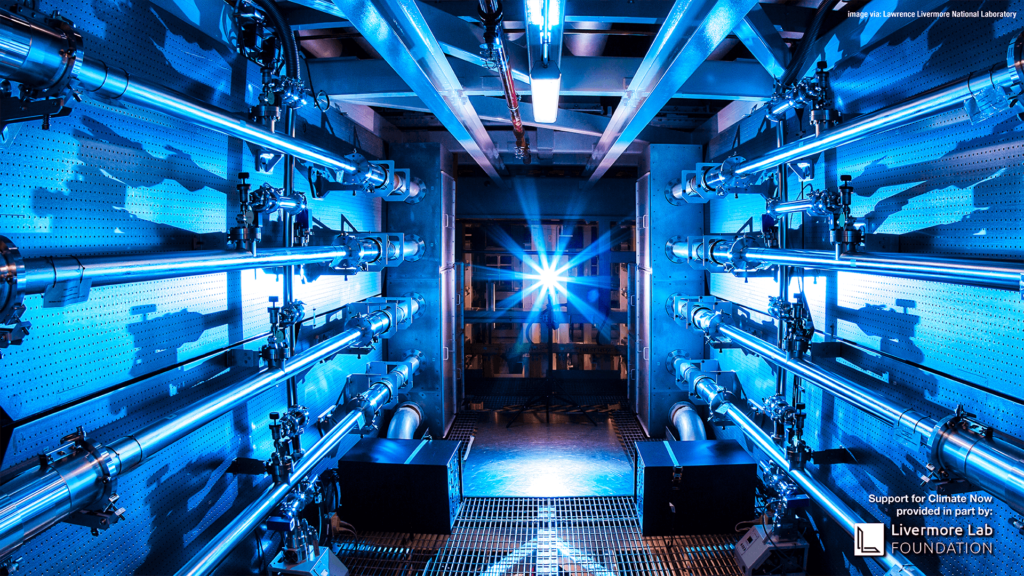Julio Friedmann
Viewing 6 of 30 Podcast Episodes


Climate News Weekly: Oct 9, 2023
Paying Firefighters, Oil Conference, Pope’s Message on Climate Action, and more
On today’s Climate News Weekly episode, James Lawler and Julio Friedmann discuss how a US government shut down could impact firefighter pay, the oil and gas industry Adipec conference and what it means ahead of COP28, the latest EV sale numbers, and how�


Climate News Weekly: Oct 2, 2023
Climate Week NYC recap, IEA’s new 1.5°C scenario, new geothermal plant, and more
On today’s Climate News Weekly episode, Dina Cappiello recaps her Climate Week NYC experience. We discuss the International Energy Agency’s updated 1.5°C scenario, including an in-depth explanation of what a “scenario” is, China’s strong stance ag


Climate News Weekly: Sep 18, 2023
Apple’s Green Ad, Peak Fossil Fuels, G20, and more
This has been a big week for nations and companies ‘talking the talk’ about reducing their emissions footprints, from updated commitments at the G20 summit, to a carbon-neutral product launch by Apple, and the family that owns the Mærsk shipping company c


Climate Now: Jun 12, 2023
This Week in Climate News: Fires, national EV charging standards, and the global stocktake
This Week in Climate News: One of the greatest difficulties in addressing climate change has been how invisible the crisis was. You cannot see the 40 billion metric tons of CO2 being added to the atmosphere each year, or necessarily feel that average global


Climate Now: May 29, 2023
Episode 100: How to talk about climate change
A 2022 study by Yale University found that two thirds of Americans (67%) rarely or never talk about climate change, and rarely or never hear people they know talking about it either. Despite the existential threat that it poses, one third of Americans (32%)


Climate Now: Dec 19, 2022
A star in the west was brightly shining…
Last week, LLNL’s National Ignition Facility successfully ‘ignited’ a nuclear fusion reaction equivalent to what takes place in the sun: the conversion of hydrogen to helium + energy. In a first, the experiment produced more energy than was